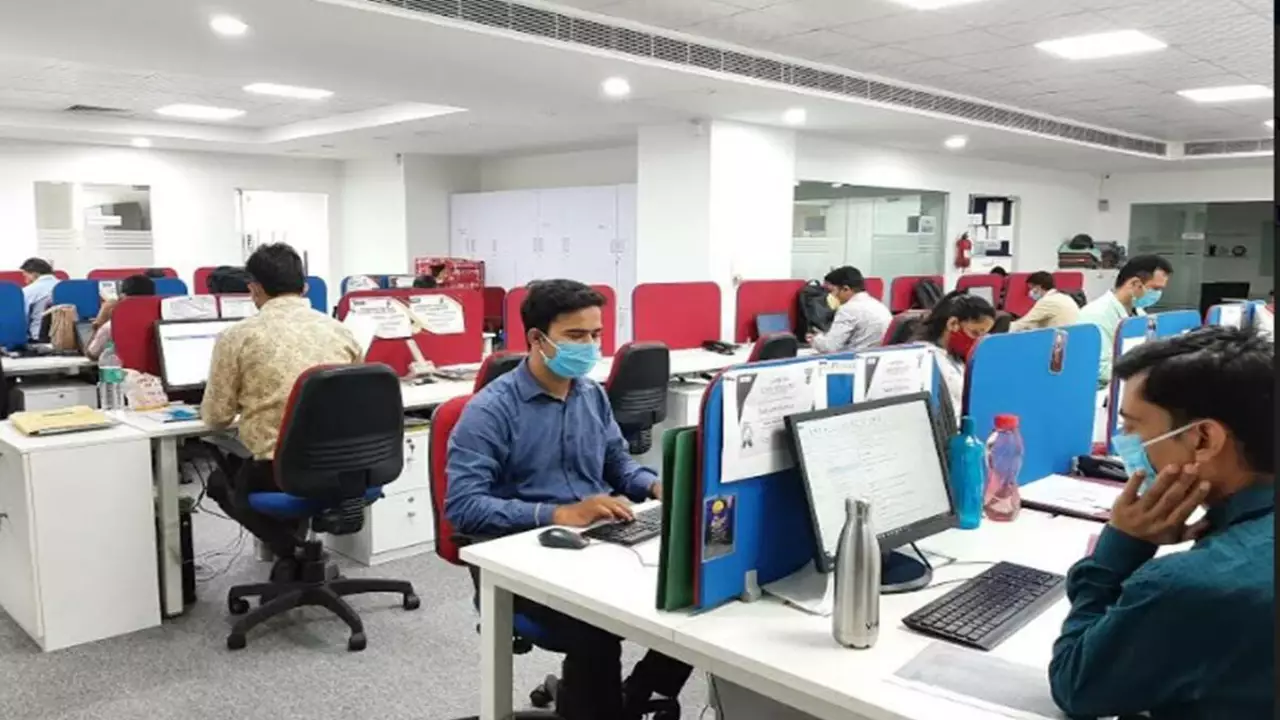Understanding the Job Market in the US and India
As a professional, one of the crucial decisions you make is selecting the location where you want to build your career. The United States and India are two countries that often come up in these discussions. Both have their unique advantages and challenges. This article aims to shed some light on the matter and help you make an informed decision.
Diving into the US Job Market
The United States is known for its robust economy, diverse job market, and high living standards. It's home to many multinational corporations, tech giants, and startups. Moreover, the nation is recognized for its strong emphasis on innovation, making it an attractive destination for professionals in the tech industry. The salaries are also generally higher, with benefits such as health insurance, retirement plans, and paid leave.
Exploring the Indian Job Market
India, on the other hand, is a growing economy with a dynamic job market. The country has experienced rapid growth in sectors like IT, e-commerce, and manufacturing. The cost of living is significantly lower compared to the US, which can make your paycheck go further. Additionally, being a part of an emerging market can offer unique opportunities for career growth and experience.
Work-Life Balance: US vs India
When it comes to work-life balance, it can be subjective and depend on individual company culture. However, in general, the US tends to have a more defined boundary between work and personal life. On the contrary, in India, longer working hours and weekend work are not uncommon. But the scenario is changing with the new generation of companies focusing more on employee well-being.
Career Growth Opportunities
Both countries offer substantial career growth opportunities. In the US, the diverse job market can provide avenues for horizontal as well as vertical career growth. In India, rapid economic growth can lead to fast-track promotions and vertical career progression. It's crucial to evaluate these aspects based on your personal career goals.
Stability and Job Security
Job security can be a significant factor when choosing where to work. In the US, most employment is "at will," meaning you or your employer can terminate the employment without cause. In India, the labor laws are more employee-friendly, offering more job security. However, the Indian job market can be affected by global economic fluctuations.
Quality of Life
Quality of life goes beyond just your job. It includes aspects like healthcare, education, safety, and recreational opportunities. The US scores high in all these aspects. However, the high cost of living can be a deterrent for some. India, while improving in these areas, still has some way to go. But the lower cost of living and close-knit social structure can be appealing to many.
Professional Networking
Professional networking opportunities are abundant in both countries. The US, being home to numerous global corporations, offers excellent networking opportunities. Similarly, in India, the growing startup culture and industry events provide plenty of networking opportunities. It's about leveraging these opportunities effectively.
Cultural Considerations
Cultural differences can significantly impact your work experience. The US is known for its diverse culture, with people from different ethnic backgrounds. This diversity can be a great learning experience. In contrast, working in India can give you a deep understanding of its rich culture, traditions, and business customs.
The Final Verdict: US or India?
The decision to work in the US or India depends on various factors such as your career goals, lifestyle preferences, and personal circumstances. Both countries have their unique advantages and challenges. It's important to carefully evaluate all these aspects and make a decision that aligns with your long-term goals and aspirations. Remember, there's no one-size-fits-all answer to this question. What works for one might not work for another.



